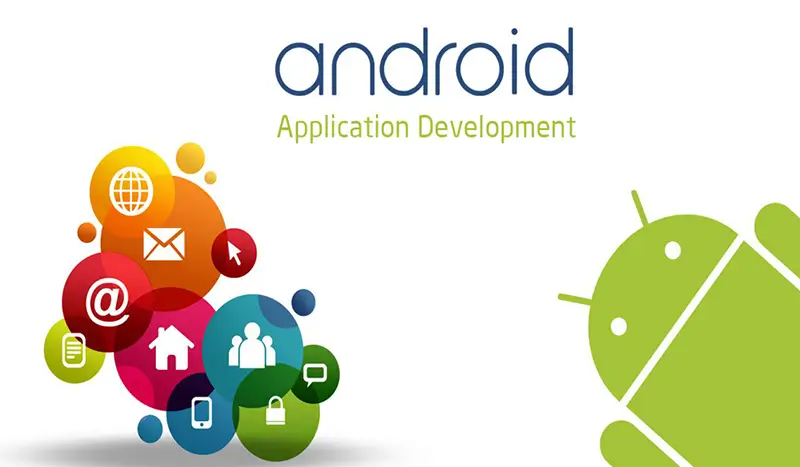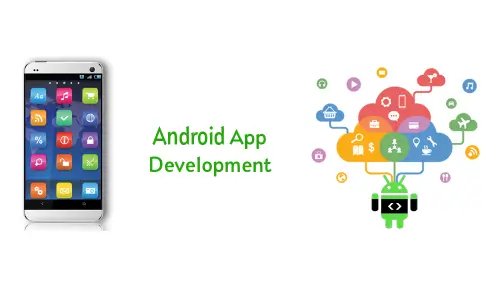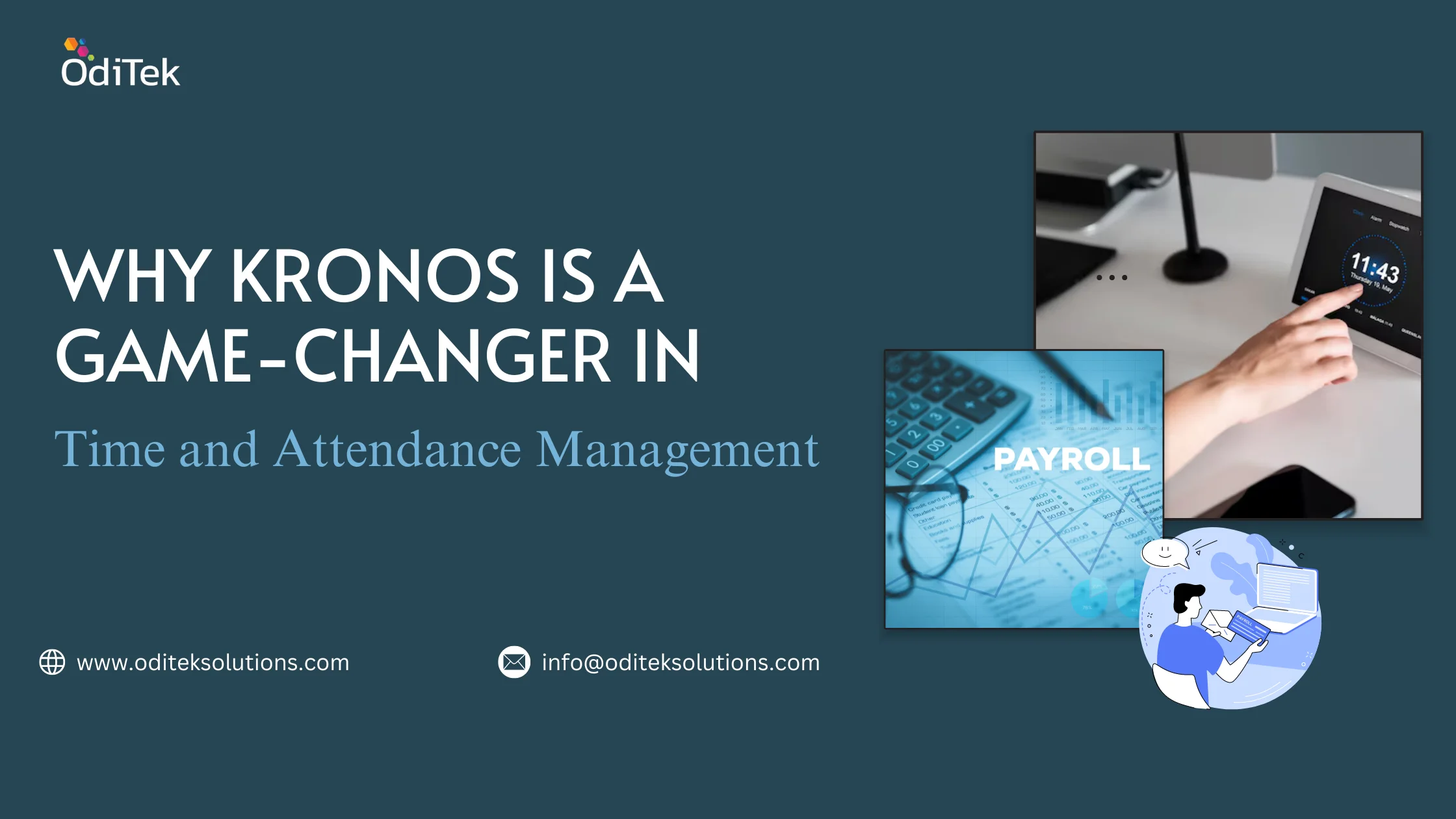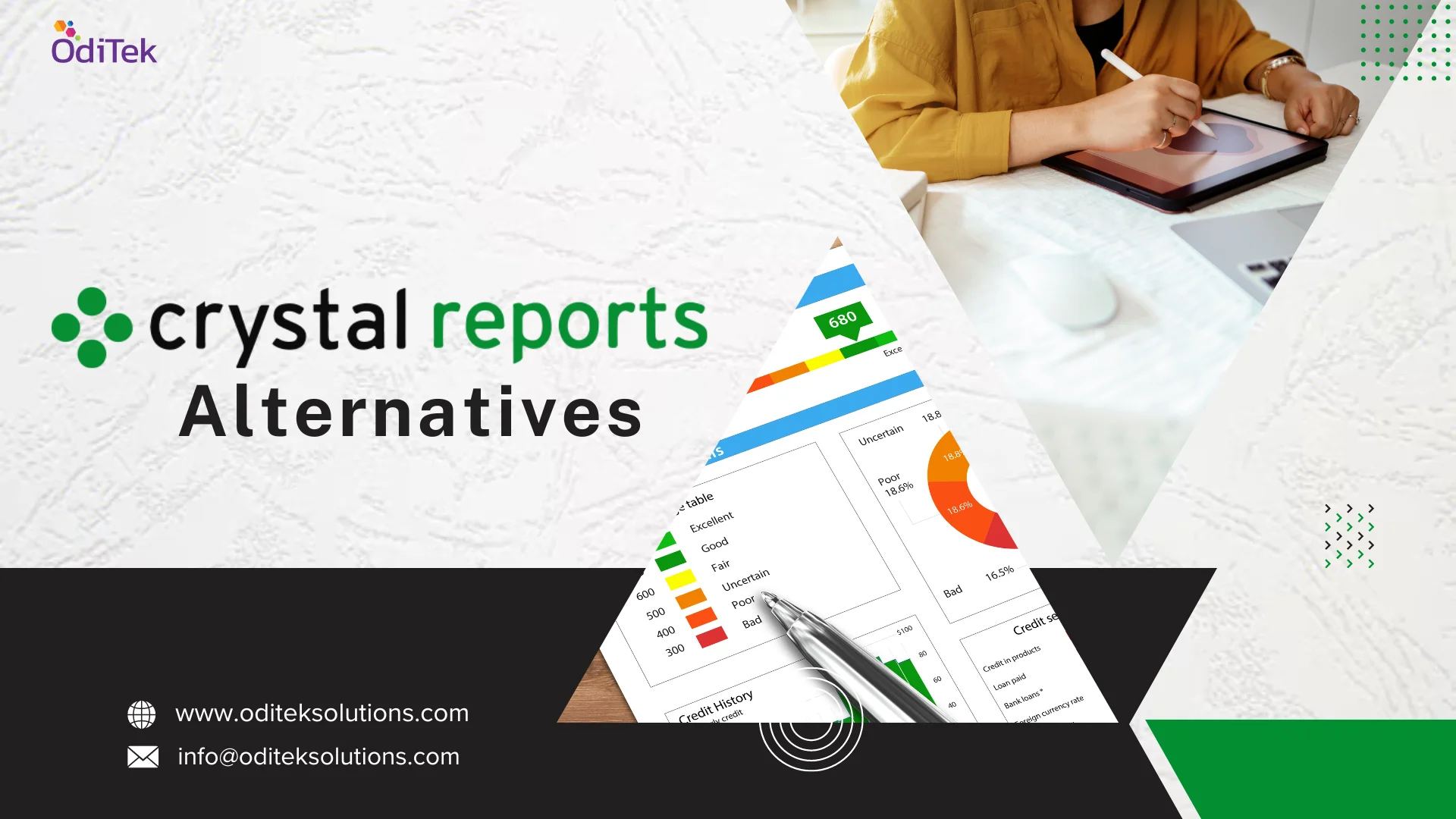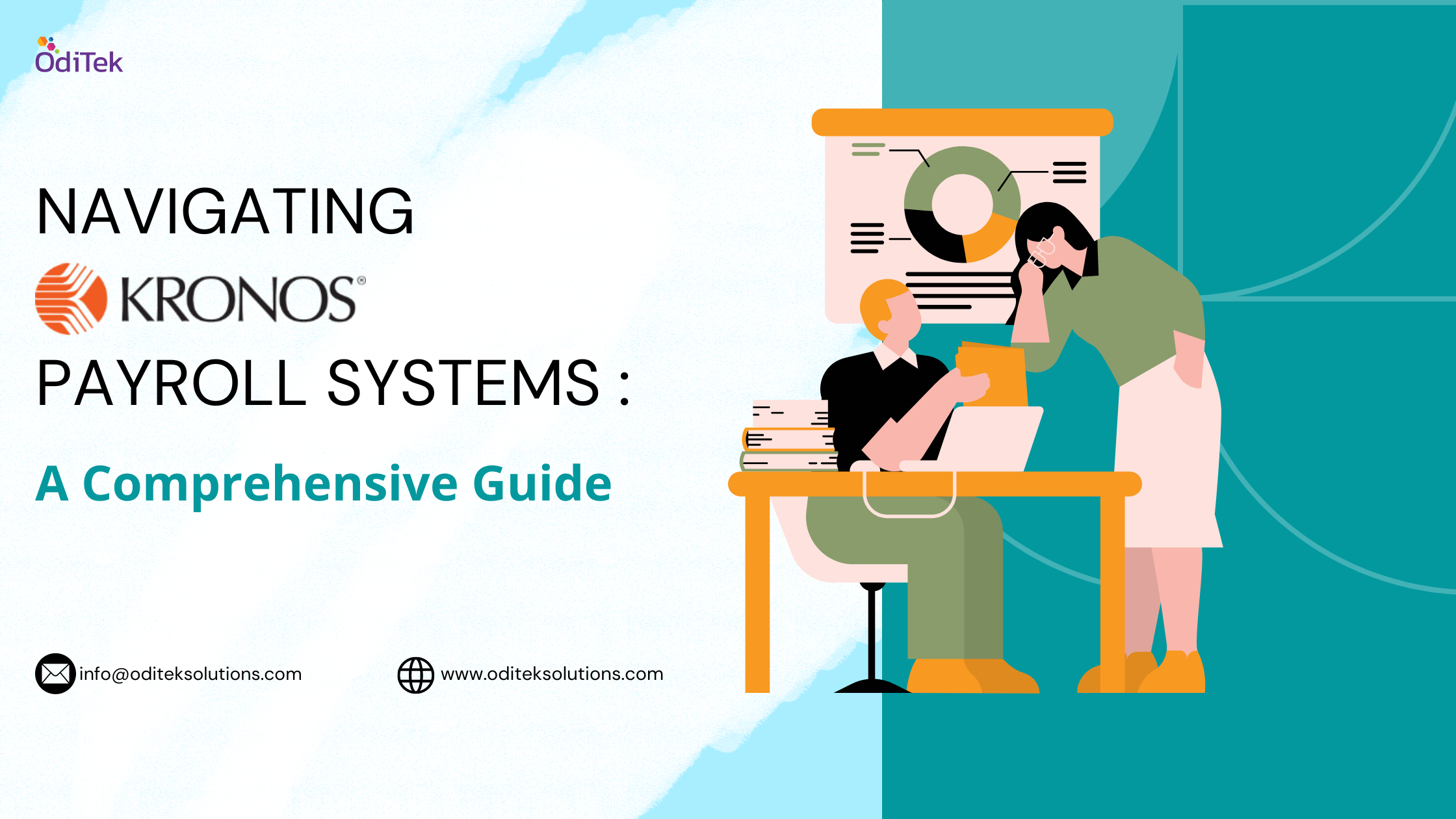Introduction
We can approach android application development in many different ways. As a mobile application developer, what we have learned here at Oditek Solutions in the past few years that there is not any specific technology that works everywhere. Android being open source centric, a lot of innovative minds came up with various tools. Some use cross-platform and some web technologies. To build Android applications you are free to choose from various alternative software, languages, and integrated development environments (IDEs).
Software Used For Android App Development
As the world’s most popular mobile platform, Android powers hundreds of millions of mobile devices in more than 190 countries around the world. So, we can find several different software present for android application development. The recommended method for most developers is to write android apps using the Android software development kit (SDK) which includes software libraries of prewritten code, a debugger, a device emulator, documentation, sample code, and tutorials. To develop apps using the SDK, we use the Java programming language and an integrated development environment (IDE) called Android Studio, It offers advanced features for developing, debugging, and packaging Android apps.
But there are several software and frameworks present so here is a list of software used:
1. Flutter – Beautiful native apps in record time
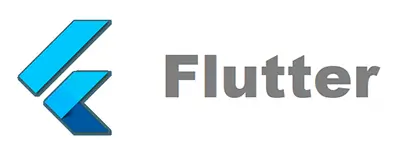
Flutter is an open-source UI software development kit created by Google. It is used to develop applications for Android, iOS, Windows, Mac, Linux, Google Fuchsia, and the web.
Benefits:
a. Fast Development – Flutter’s hot reload helps you quickly and easily experiment, build UIs, add features, and fix bugs faster. Experience sub-second reload times without losing state on emulators, simulators, and hardware.
b. Expressive and Flexible UI – Quickly ship features with a focus on native end-user experiences. The layered architecture allows for full customization, which results in incredibly fast rendering and expressive and flexible designs.
c. Native Performance – Flutter’s widgets incorporate all critical platform differences such as scrolling, navigation, icons, and fonts to provide full native performance on Android.
Get Started: https://flutter.dev/docs/get-started/install
2. React Native – Learn once, write anywhere

React Native is an open-source mobile application framework created by Facebook. It is used to develop applications for Android, iOS, Web, and UWP by enabling developers to use React along with native platform capabilities.
Benefits:
a. Create native apps for Android using React – It combines the best parts of native development with React, a best-in-class JavaScript library for building user interfaces.
b. Written in JavaScript – rendered with native code.
c. Seamless Cross-Platform – React components wrap existing native code and interact with native APIs via React’s declarative UI paradigm and JavaScript. This enables native app development for whole new teams of developers and can let existing native teams work much faster.
Get Started: https://reactnative.dev/docs/getting-started
3.Ionic – Cross-Platform Mobile App Development
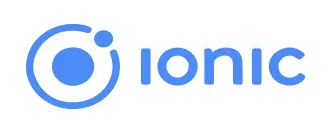
Ionic is a complete open-source software development kit for hybrid mobile app development. It is an HTML5 mobile app development framework targeted at building hybrid mobile apps. Hybrid apps are essentially small websites running in a browser shell in an app that has access to the native platform layer. Hybrid apps have many benefits over pure native apps, specifically in terms of platform support, speed of development, and access to 3rd party code.
Unlike a responsive framework, Ionic comes with very native-styled mobile UI elements and layouts that you’d get with a native SDK on Android or iOS but didn’t exist before on the web. Ionic also gives you some opinionated but powerful ways to build mobile applications that eclipse existing HTML5 development frameworks. Since Ionic is an HTML5 framework, it needs a native wrapper like Cordova or PhoneGap to run as a native app.
Get Started: https://ionicframework.com/getting-started
4. Adobe PhoneGap(Apache Cordova) – Build amazing mobile apps powered by open web tech

Adobe PhoneGap is powered by Apache Cordova a mobile application development framework created by Nitobi and essentially allows you to create apps using the same code you’d normally use to create a website: HTML, CSS, and JavaScript. This is then shown through a “WebView” but packaged like an app. PhoneGap then acts as a bridge, allowing developers to access some basic native features of the phone or tablet, such as the accelerometer or the camera.
Create your app with PhoneGap to reuse existing web development skills to quickly make hybrid applications built with HTML, CSS, and JavaScript. Create experiences for multiple platforms with a single codebase so you can reach your audience no matter their device.
Get Started: https://phonegap.com/getstarted/
5.Xamarin – Free. Cross-platform. Open source.

Xamarin extends the .NET developer platform with tools and libraries specifically for building apps for Android, iOS, tvOS, watchOS, macOS, and Windows. It comprises of:
Benefits:
a. Native and Performant – With the ability to access the full spectrum of functionality exposed by the underlying platform and device, as well as leveraging platform-specific hardware acceleration, and Xamarin apps are compiled for native performance.
b. Cross-Platform – Xamarin is part of the vibrant .NET ecosystem, used by millions of developers worldwide. Share more than 75% of your code across platforms, for “write once, run anywhere” ease.
c. Open-source and Free – Xamarin is part of the open-source .NET platform that has a strong community of over 60,000 contributors from more than 3,700 companies, .NET is free, and that includes Xamarin. There are no fees or licensing costs, including for commercial use.
d. Active Community – Xamarin has an active community that is answering questions, producing samples, writing tutorials, authoring books, and more.
Get Started: https://dotnet.microsoft.com/learn/xamarin/hello-world-tutorial/intro
6. NativeScript – Create Native Android and iOS Apps with JavaScript
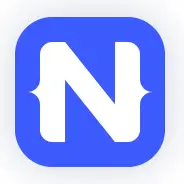
NativeScript is an open-source framework to develop apps on the Android and Apple iOS platforms. It was originally conceived and developed by Progress. NativeScript apps are built using JavaScript, or by using any language that transpiles to JavaScript, such as Angular, Vue.js, TypeScript.
Benefits:
a. Native Performance – Beautiful, accessible, platform-native UI – without WebViews. Define once and let NativeScript adapt to run everywhere, or tailor the UI to specific devices and screens.
b. Extensible – With NativeScript, you have 100% direct access to all iOS and Android APIs. You can easily reuse CocoaPods and Android SDKs, plus find free plugins, templates, and application samples on the Marketplace.
c. Easy to Learn – Use the web skills you already have to develop truly native apps with JavaScript, CSS, and Native UI markup.
d. Cross-Platform – Write and deploy native mobile apps for iOS and Android from a single codebase. Use Angular or Vue to share existing web-based code.
e. Strong Backing and Free and Open Source
Get Started: https://www.nativescript.org/getting-started-with-nativescript/
7. Appcelerator Titanium – Build great mobile experiences faster
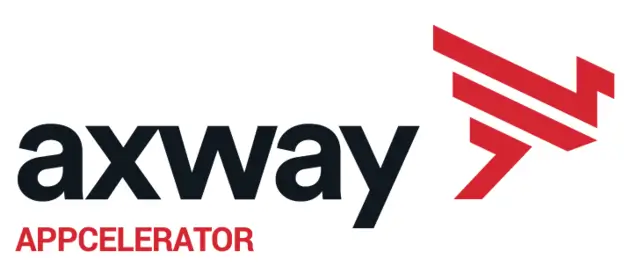
An open, extensible development environment for creating beautiful native apps across different mobile devices and OSs including iOS, Android, and BlackBerry, as well as hybrid and HTML5. It includes an open-source SDK with over 5,000 device and mobile operating system APIs, Studio, a powerful Eclipse-based IDE, Alloy, an MVC framework, and Cloud Services for a ready-to-use mobile backend.
Get Started: https://www.appcelerator.com/
8. Ruboto (Ruby) – Experience the fun of Ruby for Android
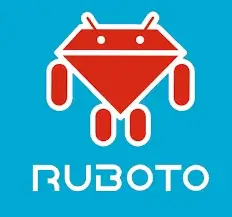
Ruboto is a framework and tool chain to develop native Android apps, using the Ruby language.
The Ruboto project aims to add some additional sample code to make the integration between Java, Ruby, and the Android platform a pleasant developer experience. The Apps created thereafter depend on JRuby (JRuby-jars) at runtime to provide full access to Android’s Java APIs.
Get Started: http://ruboto.org/
9. B4A(Basic4android) –
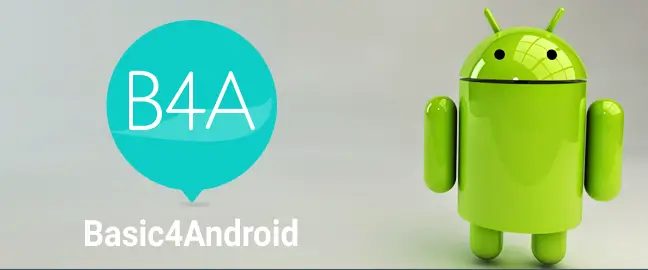
Basic4Android is a rapid application development tool for native Android applications, developed and marketed by Anywhere Software Ltd. B4A is an alternative to programming with Java.
B4A includes a visual designer that simplifies the process of building user interfaces that target phones and tablets with different screen sizes. Compiled programs can be tested in AVD Manager emulators or on real Android devices using Android Debug Bridge and B4A Bridge. The language itself is similar to Visual Basic and Visual Basic .Net though it is adapted to the native Android environment. B4A is an object-based and event-driven language. B4A generates standard signed Android applications that can be uploaded to app stores like Google Play, Samsung Apps, and Amazon Appstore. There are no special dependencies or runtime frameworks required. Since February 2020, the full version is 100% free.
Get Started: https://www.b4x.com/b4a.html
10. Corona SDK – The simple way to develop native Android apps
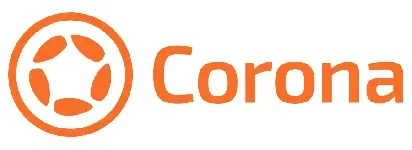
Corona is a cross-platform framework ideal for rapidly creating apps and games for mobile devices and desktop systems. That means you can create your project once and publish it to multiple types of devices, including Apple iPhone and iPad, Android phones and tablets, Amazon Fire, Mac Desktop, Windows Desktop, and even connected TVs such as Apple TV, Fire TV, and Android TV. Using the powerful but easy-to-learn Lua scripting language, over 1000 built-in APIs, a vast selection of plugins, and Corona Native extensions (C/C++/Obj-C/Java), you can bring your app dreams to reality.
Get Started: https://coronalabs.com/
11. App Inventor for Android

App Inventor lets you develop applications for Android phones using a web browser or the connected phone or emulator. The App Inventor servers store your work and help you keep track of your projects.
It uses a graphical user interface (GUI) very similar to the programming languages Scratch (programming language) and the StarLogo, which allows users to drag and drop visual objects to create an application that can run on mobile devices. In creating App Inventor, Google drew upon significant prior research in educational computing, and work done within Google on online development environments. It is free and open-source software.
App Inventor also supports the use of cloud data via an experimental Firebase Real-time Database component.
Get Started: https://appinventor.mit.edu//
12. Kivy
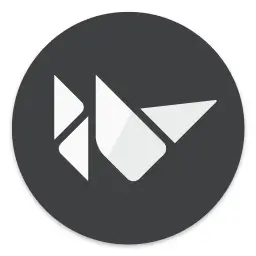
Kivy is a free and open-source Python library for developing mobile apps and other multitouch application software with a natural user interface. It is distributed under the terms of the MIT License and can run on Android, iOS, GNU/Linux, OS X, and Windows.
When you create an application with Kivy, you’re creating a Natural User Interface or NUI. The idea behind a Natural User Interface is that the user can easily learn how to use your software with little to no instruction.
Get Started: https://kivy.org/doc/stable/gettingstarted/
So these are some software and frameworks and it’s up to you to choose the one that will expand your skillset and lead to your growth as an Android application developer.
Languages used for android app development
Learning about different types of languages gives you a fair idea of what kind of programming language you need to choose for different kinds of apps. Java is the official language for Android App Development and consequently, it is the most used language as well. Many of the apps in the Play Store are built with Java and it is also the most supported language by Google. But many other languages can be used for Android App Development.
Below is the list of languages used for android application development:
1. Java
Java is the official language for Android App Development and consequently, it is the most used language as well. Many of the apps in the Play Store are built with Java and it is also the most supported language by Google. Java is a commonly used language and many programmers know it, it can run on a virtual machine (VM) so no need to recompile for different phones, better security, many development tools available for Java, and Java is a known industry language with most phones compatible with it. It has been around for more than two decades and it is still one of the most popular and widely used programming languages worldwide. Java’s popularity and phenomenal growth as the preferred multi-platform programming language became possible thanks to its core features which include:
a. Java has been developed as a platform-independent language that can be distributed with virtual missions.
b. Java is an object-oriented language with unmatched flexibility.
c. Java is versatile for integrating different functions and applications.
d. Java guarantees the highest security in various programming and running environments.
e. Java comes packed with a large number of built-in tools and IDEs to secure different applications.
All in all, Java is a great language to experience the full joys of Android App Development. However, it may be a little complex with beginners who would prefer to start with something easier and then return to it.
2. Kotlin
Kotlin is a cross-platform, statically typed, general-purpose programming language with type inference. Kotlin is designed to interoperate fully with Java, and the JVM version of its standard library depends on the Java Class Library, but type inference allows its syntax to be more concise. It has also been introduced as a secondary “official” Java language in 2017. Kotlin can interoperate with Java and it runs on the Java Virtual Machine.
The only sizable difference is that Kotlin removes the superfluous features of Java such as null pointer exceptions. It also removes the necessity of ending every line with a semicolon. In short, Kotlin is much simpler for beginners to try as compared to Java and it can also be used as an “entry point” for Android App Development.
3. Dart
Dart is a client-optimized programming language for apps on multiple platforms. It is developed by Google and is used to build mobile, desktop, server, and web applications. Dart is an object-oriented, class-based, garbage-collected language with C-style syntax. Dart can compile to either native code or JavaScript.
Google has introduced Flutter which is a mobile app SDK, complete with the framework, widgets, and tools, that gives developers a way to build and deploy mobile apps, written in Dart. Dart is easier with:
a. Mature and complete async-await for user interfaces containing event-driven code, paired with isolate-based concurrency
b. A programming language optimized for building user interfaces with features such as the spread operator for expanding collections, and collection if for customizing UI for each platform
c. A programming language that is easy to learn, with a familiar syntax
d. Make changes to your source code iteratively, using hot reload to instantly see the effect in the running app
e. Write code using a flexible type system with rich static analysis and powerful, configurable tooling
f. Do profiling, logging, and debugging with your code editor of choice
g. AOT-compile apps to native machine code for instant startup
h. Target the web with complete, mature, fast compilers for JavaScript
i. Run backend code supporting your app, written using a single programming language
4. C++
C++ can be used for Android App Development using the Android Native Development Kit (NDK). However, an app cannot be created using C++ and the NDK is used to implement parts of the app in C++ native code. This helps in using C++ code libraries for the app as required.
While C++ is useful for Android App Development in some cases, it is much more difficult to set up and is much less flexible. It may also lead to more bugs because of the increased complexity. So, it is better to use Java as compared to C++ as it does not provide enough gain to offset the efforts required.
5. C#
C# is a general-purpose, multi-paradigm programming language encompassing strong typing, lexically scoped, imperative, declarative, functional, generic, object-oriented, and component-oriented programming disciplines.
C# is quite similar to Java and so it is ideal for Android App Development. Like Java, C# also implements garbage collection so there are fewer chances of memory leaks. And C# also has a cleaner and simpler syntax than Java which makes coding with it comparatively easier.
Earlier, the biggest drawback of C# was that it could run only on Windows systems as it used the .NET Framework. However, this problem was handled by Xamarin. Android (formerly Mono for Android) is a cross-platform implementation of the Common Language Infrastructure. Now, Xamarin. Android tools can be used to write native Android apps and share the code across multiple platforms.
6. Python
Python is an interpreted, high-level, general-purpose programming language. Created by Guido van Rossum and first released in 1991, Python’s design philosophy emphasizes code readability with its notable use of significant whitespace. Python can be used for Android App Development even though Android doesn’t support native Python development. This can be done using various tools that convert the Python apps into Android Packages that can run on Android devices.
An example of this is Kivy that is an open-source Python library used for developing mobile apps. It supports Android and also encourages rapid app development.
7. Corona/LUA
Lua is a lightweight, high-level, multi-paradigm programming language designed primarily for embedded use in applications. Lua is cross-platform, since the interpreter of compiled bytecode is written in ANSI C, and Lua has a relatively simple C API to embed it into applications. Corona is a software development kit that can be used for developing Android apps using Lua. It has two operational modes, namely Corona Simulator and Corona Native. The Corona Simulator is used to build apps directly while the Corona Native is used to integrate the Lua code with an Android Studio project to build an app using native features.
While Lua is a little limited as compared to Java, it is also much simpler and has an easier learning curve. Moreover, there are build in monetization features as well as various assets and plugins that enrich the app development experience. Corona is mostly used to create graphics applications and games but is by no means limited to that.
8. HTML, CSS, JavaScript
Android apps can be created using HTML, CSS, and JavaScript using the Adobe PhoneGap framework that is powered by Apache Cordova. The PhoneGap framework allows the usage of web development skills to create hybrid apps that are shown through “WebView” but are packaged like an app.
While the Adobe PhoneGap framework is enough for basic tasks in the realm of Android App Development, it hardly requires much programming except for JavaScript.
9. BASIC
BASIC is a family of general-purpose, high-level programming languages whose design philosophy emphasizes ease of use. Android applications can be built in BASIC by using B4A (Basic4Android) from Anywhere Software. B4A is an alternative to programming with Java.
Conclusion
With more and more users using the Android platform, which is estimated to be 75% of users, developing an app in Android is a hot financial cash flow commodity for organizations globally. It gives them a higher audience exposure and stunning popularity. In the world of uncertainties and changing possibilities Android is considered as “the” thing in the current scenario until something more efficient comes into the picture. The market now is more experience-centric than brand-centric. We don’t know what the future holds, but we do know that with some sharp minds working together at Oditek Solutions we can cater to all the business needs which are future-ready.
If you have a need to design, develop and deploy an Android app or require additional information, drop us an email us at info@oditeksolutions.com.

